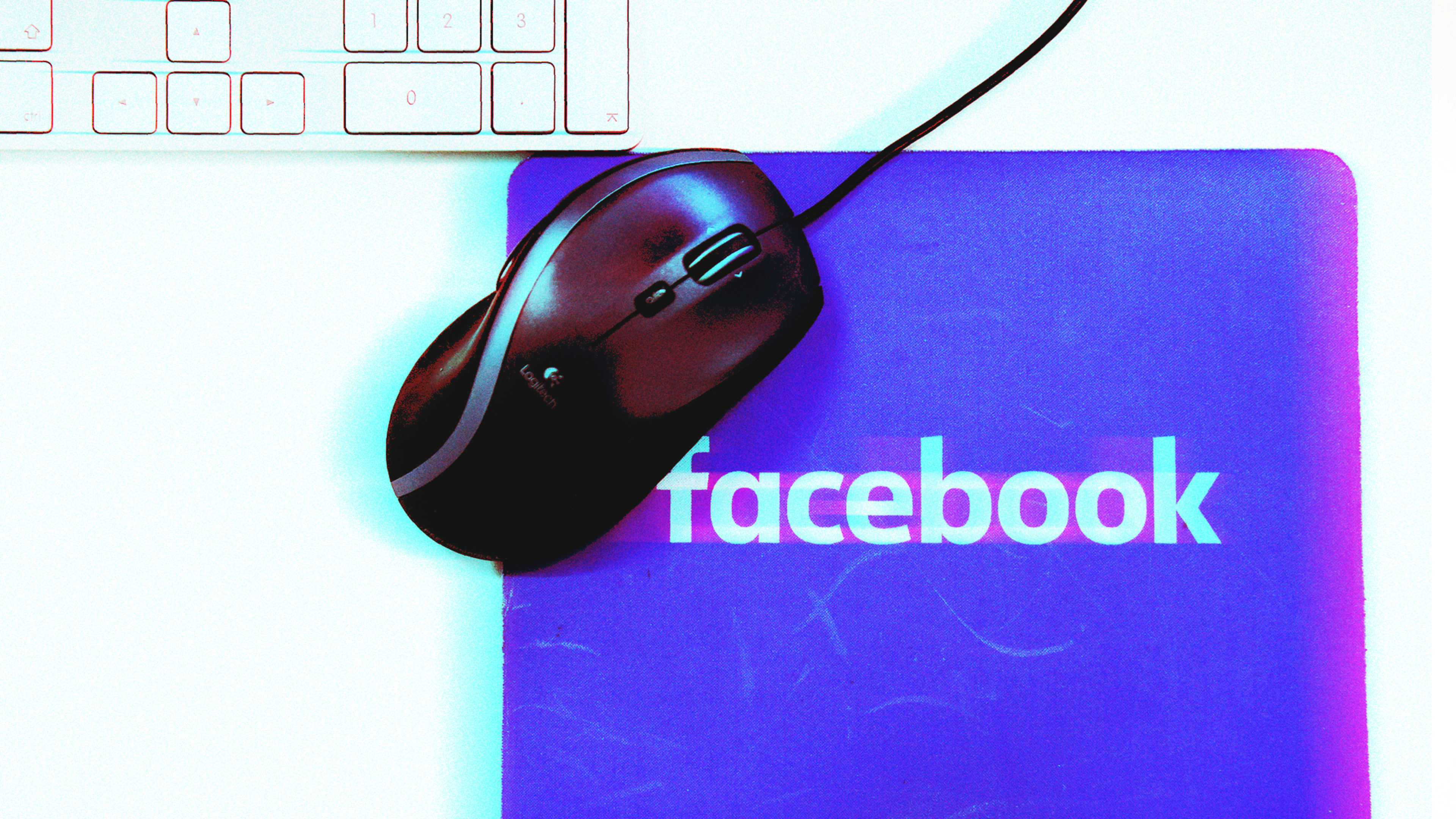Technology has had an immense impact on human civilization. Its ability to affect things on a planetwide scale sets it apart from other industries, and its reach will only continue to expand as big tech’s influence continues to shape our culture.
Unfortunately, this influence isn’t always benign. Tech companies continue to hold Mark Zuckerberg’s old “move fast and break things” motto as their guiding ethos. This strategy prioritizes action over analysis and, while it can be conducive to innovation, it often results in disaster.
Google’s new artificial intelligence service, Bard, might be the latest example of this thinking. Without question, AI has the power to “break” things and utterly disrupt the status quo. Its widespread adoption by the public through the likes of Bard, and its competitors ChatGPT and Bing, will almost certainly accelerate and intensify this disruption.
Our technology culture, in general, moves fast and breaks things. It learns as it goes, adapting to real-time data. Undergirding this approach is the implicit assumption that the price of progress is upheaval. I consider this a type of hubris; while it can result in good, there’s danger in neglecting the destructive potential.
Elon Musk has been learning this the hard way since he took over Twitter. His attitude, which is rooted in tech bro culture, has elicited admiration from fans and scorn from just about everyone else. Like everything that moves fast and breaks things, his recklessness has unintended consequences.
Breaking things has a cost
The spread of misinformation through social media, especially Facebook and Twitter, has become a major problem. In fact, the effects of our toxic tech culture are arguably most visible on these platforms.
In our world of instant connectivity, falsehoods—which have no standards—spread much faster than scientific or journalistic truths, which are verified through rigorous, time-consuming processes. This has led to vaccine hesitancy, an attempted insurrection, and countless other real-world crises.
Technology has given scammers unprecedented power. Sam Bankman-Fried and Elizabeth Holmes, for example, make Bernie Madoff seem small-time by comparison. They’ve made it necessary in the digital world for people to be cynical and well-informed; otherwise, they risk being exploited.
While exciting, the democratization of speech on social media has had negative consequences. State actors can more easily interfere with elections, and malicious groups can better organize themselves and recruit new members. This raises a controversial question: Do tech companies have a moral obligation to mitigate the harm they introduce to society?
Guilt should accompany the creation of potentially destructive technologies. I don’t think this topic is often discussed, but it should be. In the past, it took a physics degree and massive government funding to build such devices. Now anyone can do it, quite literally from their parent’s basement. For that reason, it’s the responsibility of both the tech companies and the people using their technologies not to cause harm.
If you’re leading a tech company through a new era of Web3, AI, and other disruptive technologies, here are a few tactics you can use to prevent unintended harm:
1. Take it slow
Rather than rushing to bring a product to market, take time to consider the potential impact it could have on people and the environment. Perform closed studies similar to clinical trials to ensure you fully understand how the technology can affect others. Think adversarially and brainstorm the worst-case scenarios. Remember that no plan survives first contact with the enemy: Users will find ways to abuse and scale your tech. This patience can be hard when investors are breathing down your neck, but there has to be a moral imperative with this kind of transformative technology.
2. Establish an ethics panel
Have a group of experts or stakeholders review and provide guidance on ethical considerations for your products or services. The panel should be representative of diverse beliefs and perspectives to ensure you’re aware of potential biases and other problems. Build and adhere to a code of conduct, even if it means a short-term sacrifice.
3. Define your purpose
Clearly articulate the purpose of your technology and make sure it aligns with your values. It must serve a positive purpose. This should guide development as it scales and continues to roll out in the real world.
4. Avoid greenwashing
Don’t make false or misleading claims about the environmental benefits of your products or services. Ill-intentioned people often use this tactic, and it can harm the public and the environment. Be transparent about what’s happening, and work with communities to address any potential issues.
These are just a few ways that tech disruptors can grow their companies responsibly. A strong ethical code creates a sustainable company culture and keeps the public on your side. While it was still in place, Google’s “don’t be evil” motto helped the company achieve just that.
It might be tempting to move fast, break things, and figure it all out later, but that’s not the world we’re in anymore. Tech companies are getting leaner, and they can’t afford to make mistakes like Google’s $100-billion tweet. And humanity can’t afford the broader implications of how we trust. Now more than ever, the new motto in Silicon Valley should be “move strategically and fix things.”
Chris Cardinal is a founding principal of Synapse Studios, a product and software consultancy that solves complex challenges and helps power businesses forward with tech.
Recognize your brand’s excellence by applying to this year’s Brands That Matter Awards before the final deadline, June 7.
Sign up for Brands That Matter notifications here.
